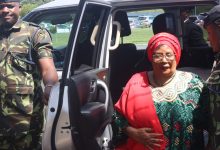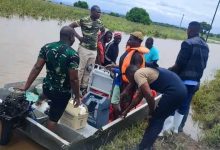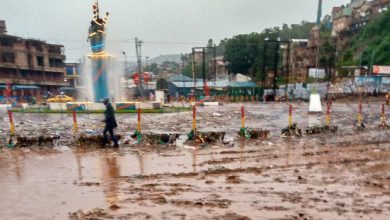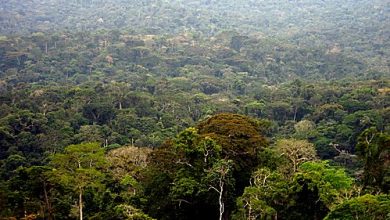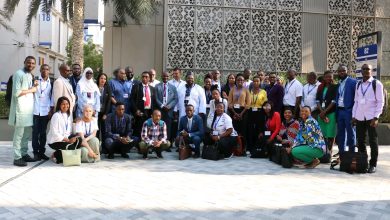COP28: The WWF’s initiatives to struggle against deforestation and food insecurity related to climate change in Congo basin.
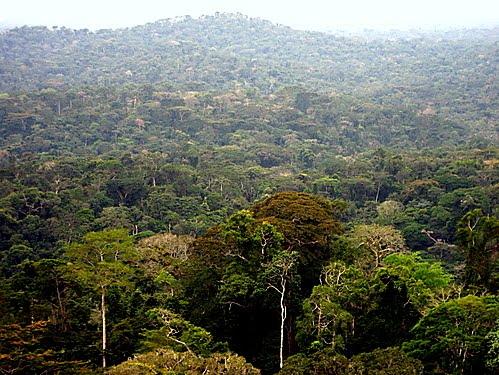
By Prosper HERI NGORORA, 14 December 2023.
The 28th UN conference on climate change closed last 12 December 2023 in Dubai, UAE.
One of great issues discussed throughout the conference was adaptation and mitigation.
“And yet adaptation still struggles to compete with mitigation efforts, for attention, for prioritization, for funding. Adaptation and mitigation are not an either/or. Both must be the equal focus of our attention and action” said Simon Stiell, the UN Climate change executive secretary at COP28, during the event of adaptation Gap report.
Among other organizations, World Wildlife Fund (WWF) is leading some initiatives aiming to struggle against climate change in Congo basin.
Gilles ETOGA, senior policy and conservation coordinator at World Wildlife Fund in Congo basin reveals that they have two main axes which are related to adaptation and mitigation.
“As for adaptation, we do have initiatives about climate-resilient smart agriculture and as for mitigation, we do have program of reforestation. For climate smart agriculture, it’s important to note that with climate variability, and in Congo basin, seasons have changed. On 15th March, we expect rain and we see that rain no longer falls when it should fall. It impacts because it’s connected to agricultural calendar” notes Gilles Etoga who acknowledges that it’s a problem for farmer.
He underlines some other climatic chocks for example in Cameroon where variability in water is witnessed, in some regions they have high quantities and in other regions lowest quantities and it disrupts agricultural productivity.
In order to allow farmers to work smoothly, WWF has tied some partnerships with some institutions to monitor the weather.
“In our climate-smart program, we try to connect weather stations, institutions in charge of weather data so that they can predict the agricultural calendar for good periods in order to allow communities to adapt them selves and we also use plant species that are resistant with a short cycle to allow the plant to produce before the climate changes” reveals Gilles Etoga from WWF in Congo basin.
About 600 million Africans do not have access to energy and it’s one of reasons that can be the cause of deforestation.
Populations exert pressure on forests, which sequester several tons of carbon every year.
It’s important to restore those lost forests and encourage for good practices to avoid their invasion.
Gilles Etoga, senior policy and conservation coordinator at WWF in Congo basin bangs his fist on the table, underlining the importance of reforestation.
“For reforestation after viability studies, identification of degraded areas, we support local communities to enable them to reforest and restore degraded areas and all these initiatives are there based on natural solutions” says Mr Gilles.
WWF ensures to connect local communities with international markets in doing them Agri-businessmen and it can be well as for it.
Mr Gilles reveals for example, that in term of Cacao, one tone of Cocoa values $4,000 which is progress and can turn farmers into real economic operators.
Climate-smart agriculture is an integrated approach to managing landscapes, cropland, livestock, forests and fisheries that address the interlinked challenges of food security and climate change.
According to United nations, in the next 30 years, food supply and food security will be severely threatened if little or no action is taken to address climate change and the food system’s vulnerability to climate change.
This story was produced with the support from MESHA and IDRC Eastern and Southern Africa Office for Science journalists reporting on COP28.

